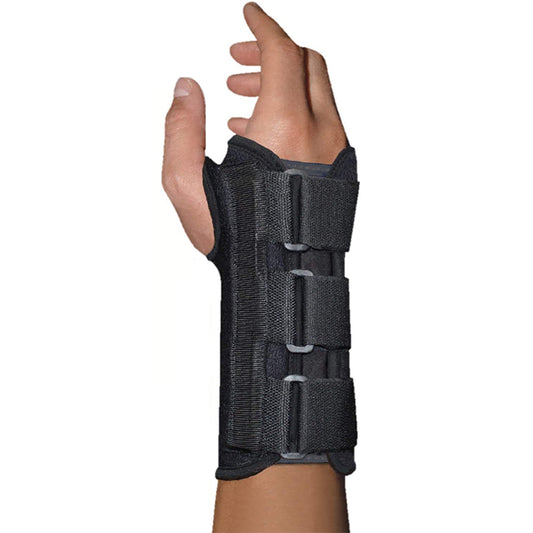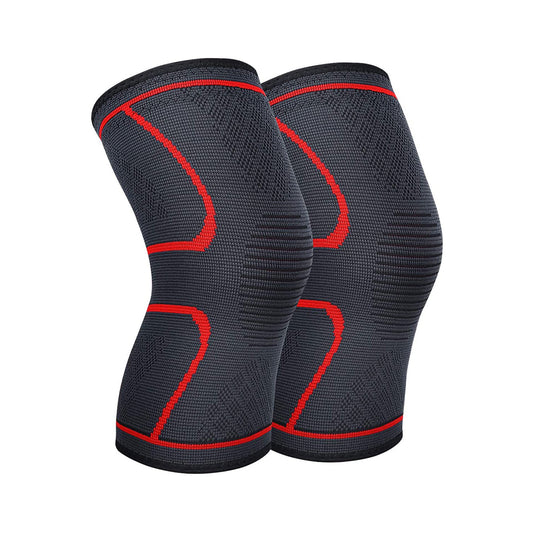
Why Pelvic Floor Health Is Important to Your Pregnancy
Share
Most women don’t think about their pelvic floor until after they’ve had a baby or two and are having trouble with urine leaking. But waiting until after your baby is born isn’t the right time to start thinking about the health of your pelvic floor.
We help you prepare for a healthy pregnancy, delivery, and recovery at home as you care for your baby. Our team has put together this information on pelvic floor health and why it’s imperative for the health of you and your baby.

What is the pelvic floor?
Your pelvic floor is made up of layers of muscles, ligaments, and connective tissue that surround your vagina and rectum. The muscles stretch from your pubic bone to your tailbone and support the organs in your pelvis, including your bladder, uterus, and bowel.
You use your pelvic floor muscles during urination and vaginal intercourse. You also use these muscles during childbirth. The pelvic floor is designed to stretch under pressure and bounce back to provide continued support.
How does pregnancy affect my pelvic floor?
During pregnancy, the pelvic floor stretches to make room for the growing baby. Over time, the muscles become weak from being weighed down. Instead of bouncing back to provide support, the weakened muscles may not return to their optimal location.
You may notice it becomes harder to control your bladder, especially as your pregnancy progresses into the second and third trimesters. This is because a weakened pelvic floor makes it difficult to squeeze the muscles necessary to prevent urine from escaping your bladder.
Why is pelvic floor health important for my health and my baby’s health?
It’s important to keep your pelvic floor as healthy as possible before, during, and after pregnancy. Starting out your pregnancy with strong pelvic floor muscles helps decrease the damage these muscles experience under the strain of carrying a growing child. A healthy pelvic floor also makes labor and delivery less risky, as you’ll be better equipped for labor, which means less stress for your baby.
And whether you give birth vaginally or through a C-section, the muscles of the pelvic floor undergo quite a bit of stretching and strain. Having a healthy pelvic floor means faster recovery after childbirth.
What’s more? A weakened pelvic floor can lead to pelvic organ prolapse, a condition where your pelvic organs moving out of place and into your vagina, making sex and normal activities uncomfortable and even painful.
What can I do to improve the health of my pelvic floor?
Pregnancy and childbirth put an enormous amount of strain on your body, but there are steps you can take to improve the health of your pelvic floor, whether you’re pregnant now, thinking about becoming pregnant, or already have children.
Here are some of the ways you can protect your pelvic floor health:
- Maintain a healthy body weight and healthy weight gain during your pregnancy
- Avoid exercises and activities that exert excess pressure on your abdomen — especially during the second and third trimesters
- Wear a pelvic belt -- pay attention to reasonable wearing and wearing time










